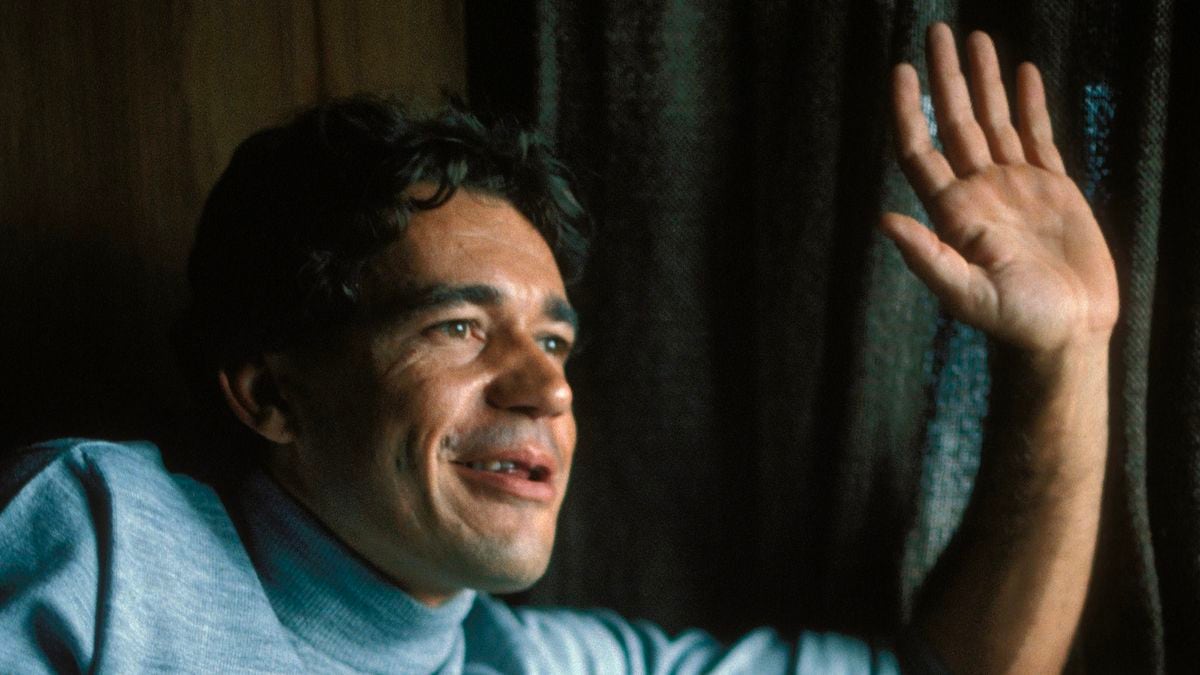If you want to know what the world has lost with the death of Jessye Norman, just listen to her recording of the "Four Last Songs" by Richard Strauss. The compositions themselves are overshadowed by melancholy and delusions of death - but when Jessye Norman recited them, they were hymns of life affirmation and joy, so much warmth, strength and inner strength radiated her voice. Over the course of her career, many superlatives have been spread about their sound, but basically, Jessye Norman's art can only be understood by those who hear and feel them.
Jessye Norman was born on September 15, 1945 in Augusta in the deep racist south of the United States. Her parents, a middle-class family, were involved in the civil rights movement and attached great importance to a good musical education of the gifted daughter.
Jessye soon had what is today called a role model: in 1955, Marian Anderson was the first black soprano ever to make her debut at the Metropolitan Opera in New York. Jessye knew Anderson only from the radio, but she now knew that talent and diligence would pay off, especially since other black singers followed: Leontyne Price and Grace Bumbry then prevailed on the opera stages. Racism, which had made life so difficult for non-white artists in classical music in the 1950s, seemed for the first time to be surmountable.
photo gallery
7 pictures
Opera legend from the USA: Jessye NormanEurope was already considered a bit more liberal. And so it was probably no coincidence that Jessye Norman experienced the start of her career in Germany of all people, in 1968, when she won the first prize in the international music competition of the ARD in Munich. The jurors, it is said, were completely overwhelmed by their "natural talent". Just one year later, she sang Elisabeth in Wagner's Tannhäuser at the Deutsche Oper Berlin. Allegedly, the director intends to have offered her a four-year commitment during the second break.
That she, a black singer, was counted a little later to the best Wagner interpreters in Europe, is not without historical irony. But Jessye Norman loved the German, Austrian, and French operatic traditions, while the Italian neglected them. And she did not want to commit herself to clichés. Verdi's black "Aida" was certainly not one of her favorite games.
Racist attacks
In her memoirs ("Stand Up Straight and Sing!") She reported several years ago on the racist attacks, which she was also exposed as a successful artist. She had once praised a conductor and asked her origins. Her answer, "of course African and a bit Indian," he replied with the supposedly well-meaning sentence: "I knew you are not a normal Negress."
In the eighties, Jessye Norman slowly withdrew from the opera business, her recitals with compositions by Schubert, Mahler and Strauss were all the more successful. Not only was she considered a sometimes capricious diva, she also staged herself like this: with voluminous capes and colorful turban-like headscarves in the African style.
She also liked appearing on television and at major public events, such as the inaugurations of Ronald Reagan and Bill Clinton. Her appearance was particularly spectacular in 1989 at the great celebration of the 200th anniversary of the French Revolution, where she recited the Marseillaise with thunderous vibrato.
After the millennium, Jessye Norman withdrew largely from the public, she shared the fate of many great singers whose voices lose their strength in old age. Instead, she became involved in social projects, such as the "Jessye Norman School of Arts" in her hometown Augusta, a program for musical education for children. Since 2009, she also curated an Afro-American cultural festival at New York's Carnegie Hall.
Jessye Norman died Monday in a New York clinic at the age of 74.









